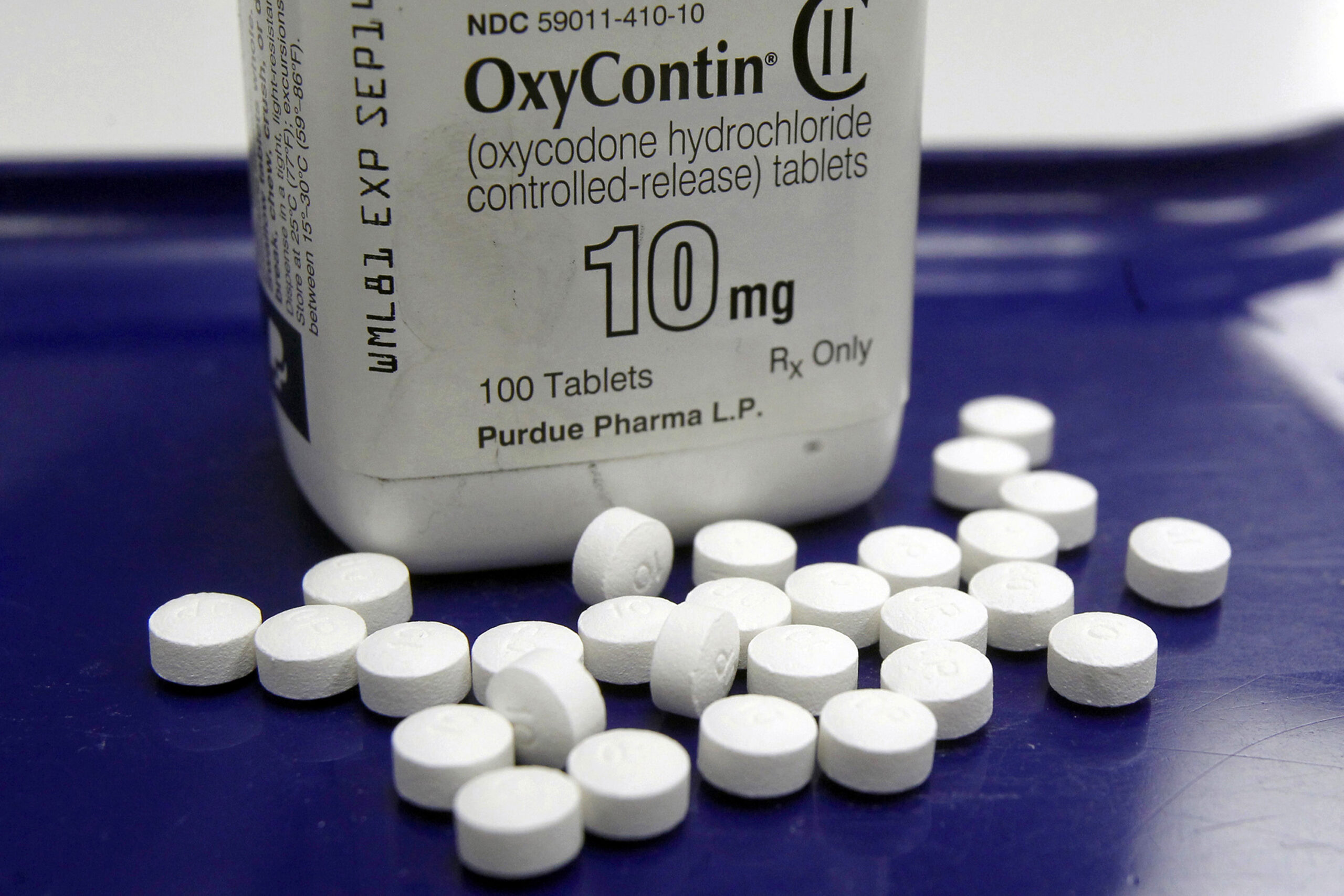A police department in metro Atlanta has announced a new opioid addiction intervention program as deaths from overdoses in Cobb County appear to be on the decline.
The Atlanta Journal-Constitution reports that the new program by Marietta police will create an alert system where authorities are notified when someone is revived using medication, like naloxone, that can reverse the effects of opioid overdose.
Two plain clothes officers will then visit survivors and try to convince them to seek treatment. Officers will also receive training on how to best approach the sensitive conversations.
Marietta Police Chief Dan Flynn said the program arose from the success the department has had in using naloxone to combat overdose deaths. Between police, fire and ambulance services, naloxone was given 100 times in Marietta last year.
Flynn wants to expand on that success by figuring out how to engage with people after overdoses and break the cycle of addiction.









